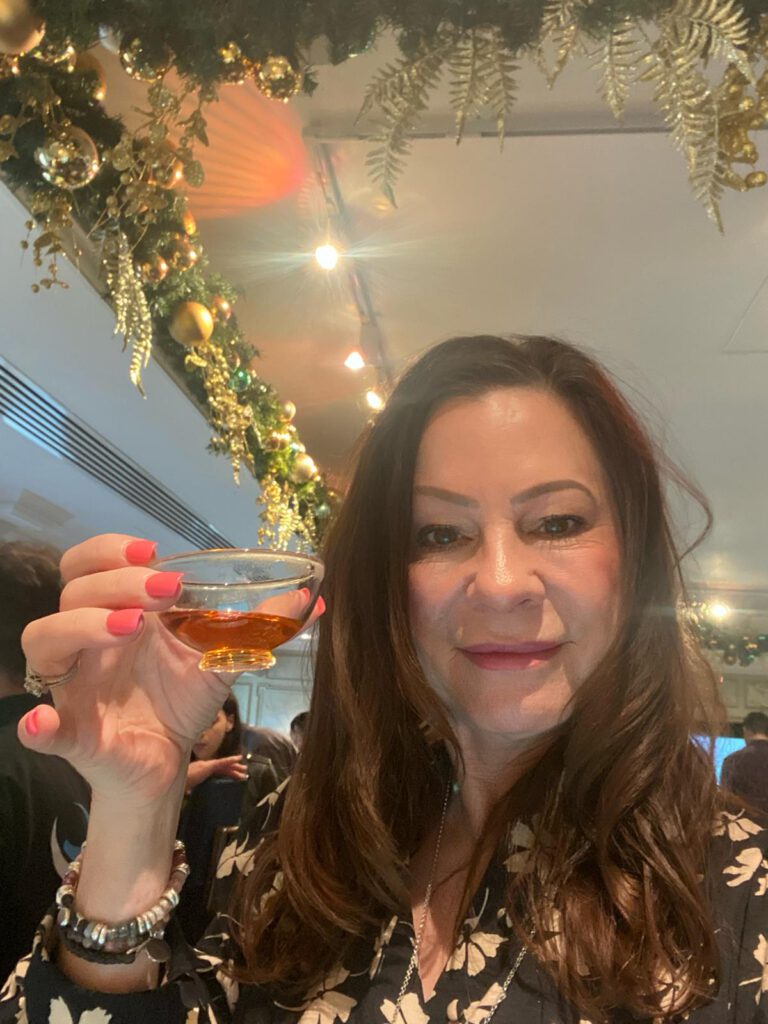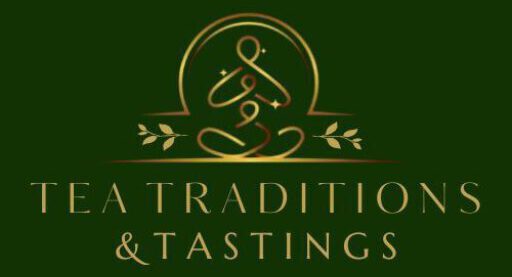Hi, I'm Tracey!
I have always enjoyed drinking different teas and been fascinated by the history of tea, but I became much more interested in becoming a Tea Sommelier when the company that I work for manufactured a multi temperature hot water boiler for commercial use. It was initially designed for various coffee temperatures, but I quickly realised that this product would be ideal for speciality Teas!
This is where my Tea journey began..
Along with the general public, I would say that 90% of hospitality establishments do not brew loose leaf tea at the correct temperatures, thus not getting what you pay for out of the beverage itself.
Education is paramount and as Tea is being recognised as not only a refreshing beverage, the health benefits that accompany the incredible flavours are becoming more widely known, along with it’s fascinating history.
I decided I wanted to learn more, so I went to London’s UK Tea Academy and initially took part in an intense “Tea Champion” course over a 2 day period. I had a baptism of fire all about Tea production, all the various types of Tea, all the different lands where Tea is grown and of course, many Tea tastings. The course was extremely interesting and left me wanting to learn more.
I then moved on to a full “Tea Sommelier” live course with the world’s greatest Tea Professional and writer, Jane Pettigrew. Attending this course really opened up the history of tea to me and all that encompasses tea drinking. It was utterly fascinating to learn how tea had shaped empires, caused wars and satisfied millions, now billions of people’s thirst.
I was then hooked and wanted to share my knowledge, experience and passion for tea.
And then Tranquili-tea was born..

- A Brief History of Tea -

The history of tea dates back thousands of years, originating in ancient China. Legend has it that Emperor Shen Nong discovered tea in 2737 BCE when tea leaves accidentally blew into his boiling water. Initially consumed for its medicinal properties, tea eventually became a popular beverage enjoyed for its flavor.
Tea cultivation and consumption spread to other parts of Asia, including Japan, where tea ceremonies became an integral part of cultural and social life. In the 16th century, Portuguese and Dutch traders introduced tea to Europe, and its popularity grew rapidly.
During the 17th and 18th centuries, the British East India Company played a significant role in the global tea trade. Tea became a symbol of British culture, leading to the establishment of tea plantations in India and Sri Lanka.
Tea played a pivotal role in historical events such as the Opium Wars in China, where tea was one of the commodities traded. In the 19th century, tea became more accessible to people of all social classes with the invention of the tea bag and advancements in tea processing and transportation.
Today, tea is one of the most widely consumed beverages worldwide, with a rich and diverse cultural heritage. From traditional tea ceremonies to modern tea culture, the history of tea continues to evolve, shaping global traditions and rituals surrounding this beloved beverage.

